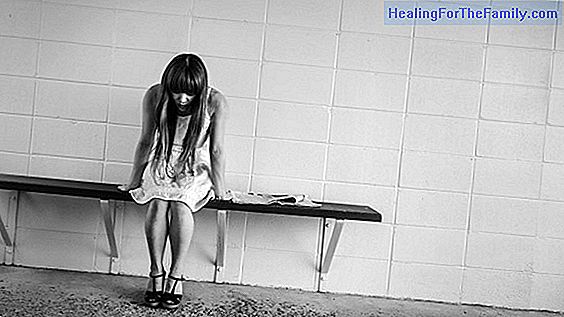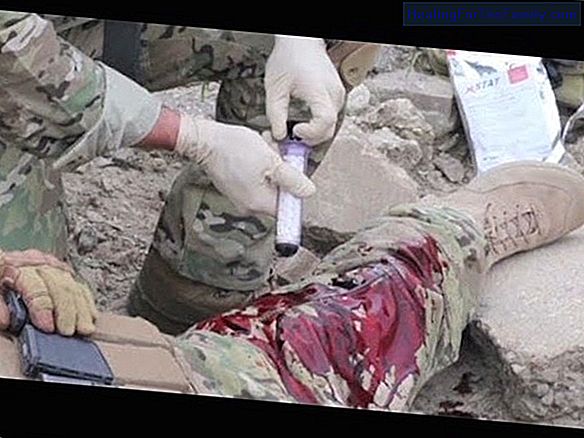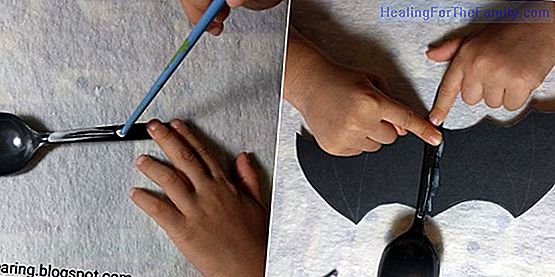When the child does not receive the love he or she needs
We can speak of an affective lack when, during the first years of life, the children suffer from lack of care, attention, attachment or protection from the adults in their environment. they take care of them habitually. In short, when the child does not receive the love he needs. Therefore, it is ne
We can speak of an affective lack when, during the first years of life, the children suffer from lack of care, attention, attachment or protection from the adults in their environment. they take care of them habitually. In short, when the child does not receive the love he needs.
Therefore, it is necessary that in this early childhood the children receive continuous samples of love in the form of caresses, hugs, kisses or words of affection that stimulate their neuronal development and give an adequate cerebral maturation. The problem is that in today's society parents have to face various obstacles such as: not enough timetables for family conciliation or the economic crisis still existing to provide the necessary affection for the proper development of their children.
Symptoms of lack of love in children

Children who do not feel loved by their parents may end up developing more or less serious psychological disorders. When the child does not receive the love he needs, the consequences of this lack of affection and attention may become irremediable in some circumstances so it is important that adults are alert to symptoms such as:
- Scarce social skills and a language little developed for his age. The children have a hard time establishing relationships with their peers.
- Sudden changes in behavior and irritability.
- Delay in physical development. Growth slows down when compared to other children of your age.
- More prone to get sick. A child with a lack of affection can have a depressed immune system, with fewer defense mechanisms to help fight infections.
- Distrust towards the majority of people. They have trouble trusting others. When they do not feel safe and fear for their physical integrity, they are always alert of what is happening around them.
- Fear of abandonment. This is an almost innate feeling in children who do not receive enough emotional support from those around them.
- Problems to express their feelings assertively.
- Problems in controlling your impulses. Within the context in which it is found, the child can behave the same in a violent way, be self-conscious, be melancholy or tearful.
- Attention problems.
- The child shows anxiety. A minor who does not receive enough affection can develop a chronic stress that will affect both their physical and emotional development.
What to do when the child does not receive the love he needs
It is important that these symptoms do not stop being taken care of. If they are allowed to pass, it is very probable that these children have little social skills and are emotionally dependent when they reach adulthood. So, to help them and not stop being served, we can:
- Strengthen the bond with the children by listening to their opinions, and helping them with their problems.
- Use the ways to give love and physical affection such as: caress, kiss and hugr.
- Do all kinds of activities together such as taking walks, playing in the park, housework, etc.
- Share game moments with the little ones. En - In short,
spend as much time as possible with the children .












